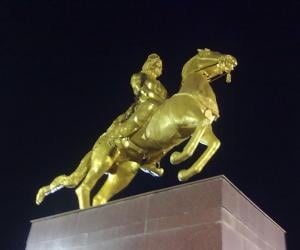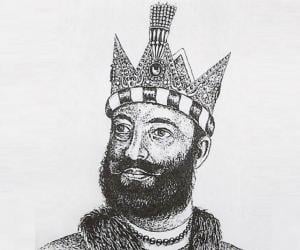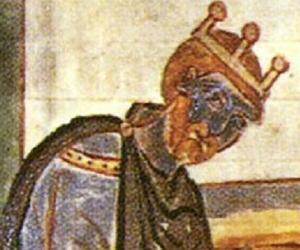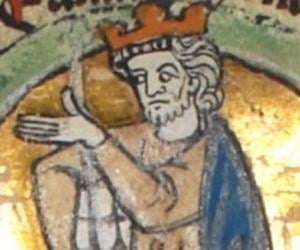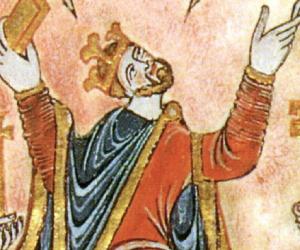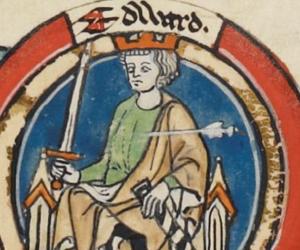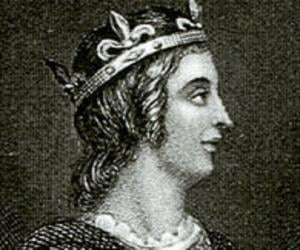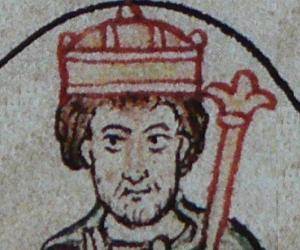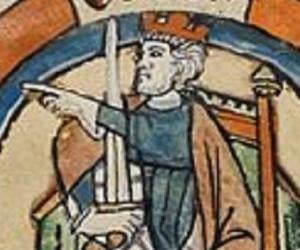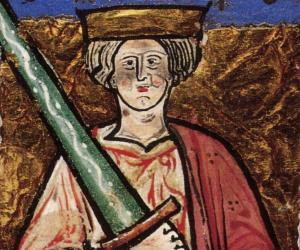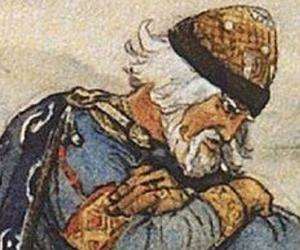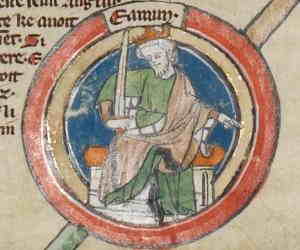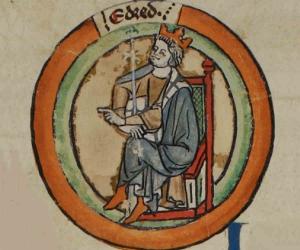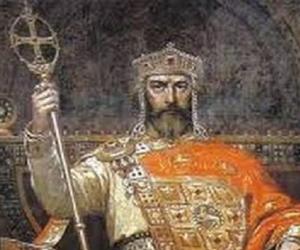Raja Raja Chola I was an emperor who reigned over south India from 985 to 1014. Also known as Rajaraja the Great, the emperor was deemed the most powerful southern king. He is remembered for resuscitating the Chola power and controlling south India and Indian Ocean. He is also credited with building the Brihadisvara Temple, a UNESCO World Heritage Site.

King David of Israel remains a significant figure not just in Christianity, but also in Judaism and Islam. The Books of Samuel describe him as a shepherd. Legends also mention how he killed the giant Goliath and had an affair with Bathsheba. He was also a poet and a psalmist.
Mahmud of Ghazni was the sultan of the Ghaznavid Empire on two separate occasions. He first ascended the throne upon the death of his father, Mahmud, in 1030. However, he was soon overthrown by his twin brother Ma'sud I. Years later, he was reinstated as sultan but was soon executed by his nephew Maw'dud. His entire family was also killed.
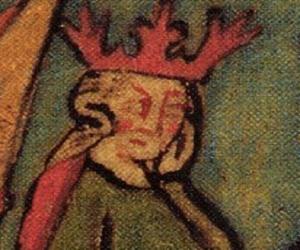
Edmund Ironside was King of the English who reigned from 23 April to 30 November 1016. He earned his cognomen Ironside after displaying valor while resisting the Danish invasion, which was led by Cnut the Great. His life and work inspired the Elizabethan play Edmund Ironside and the 1970 TV film The Ceremony of Innocence.
Edgar the Peaceful reigned as the King of the English for more than 17 years. His reign was noted for its stability as he consolidated his predecessors' work. His coronation at Bath in 973, which was the pinnacle of his reign, forms the basis for the present-day coronation ceremony.
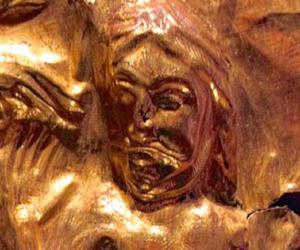
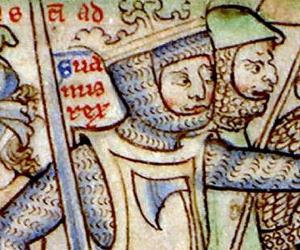
Edward the Martyr reigned as the King of the English from 975 to 978. The oldest son of King Edgar the Peaceful, Edward was selected as king after his father's death. However, he was killed in 978 at Corfe Castle and was succeeded by his half-brother Æthelred the Unready. Edward is recognized as a saint in the Catholic Church.
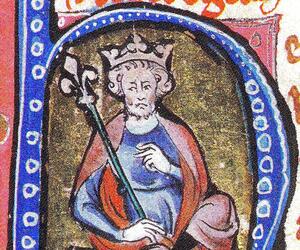
Otto I, Holy Roman Emperor, known for his ruthlessness, not only united the German empire by crushing all rebellious vassals, but also put an end to the attacks by the Magyars of Hungary. His strategy of making the German bishops feudal lords helped his cause of stabilizing his empire.
Edward the Elder, the Anglo-Saxon ruler of Wessex from circa 899 to 924, is known as the king who extended his authority over almost all of England by conquering the areas previously held by the Danish invaders. Though he is said to have been largely ignored by historians until the late 20th century, he is held in high regard now.
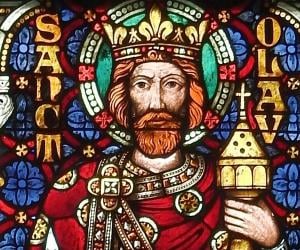
While some believe Eric Bloodaxe was the son of Norwegian king Harald Fairhair, others believe Danish king Harald Bluetooth was his father. True to his nickname, he was a barbarian Viking tyrant who slaughtered his four brothers for the Norwegian throne. Icelandic sagas mention he married a witch named Gunnhild.
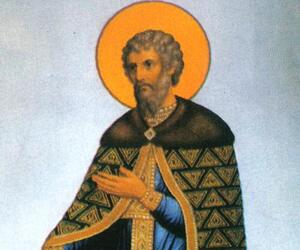
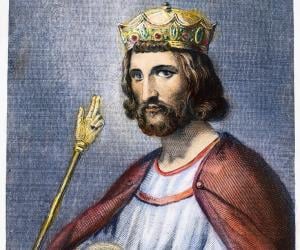
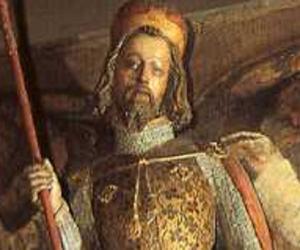
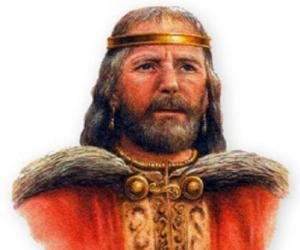
Basil II reigned as the emperor of the Byzantine Empire from 976 until his death in 1025. He supervised the expansion of the empire's eastern frontier. He was also instrumental in annexing part of Crimea and conducted several victorious campaigns against the Kingdom of Georgia. His work as emperor ensured that the Empire flourished several years after his death.
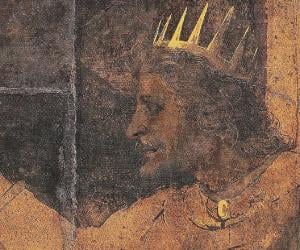
Rehoboam reigned as the King of Judah from 931 to 913 BCE. Since Judah and Israel remained in a state of war during his 17-year reign, Rehoboam built many strongholds and elaborate defenses, including fortified cities, thus playing a major role in shaping the Kingdom of Judah.

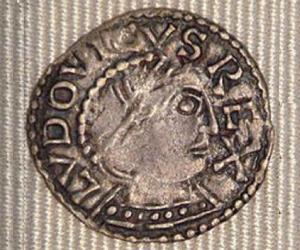
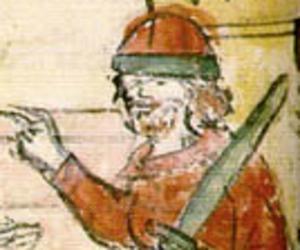
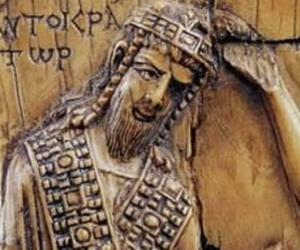
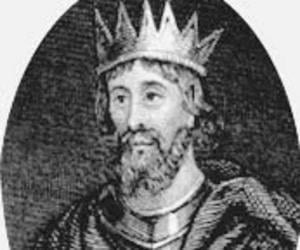
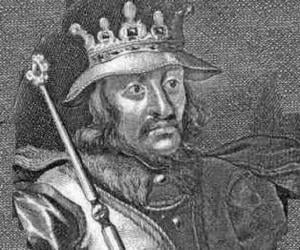
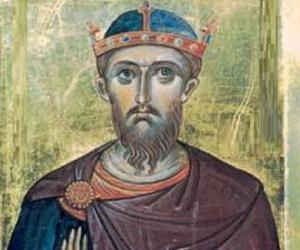
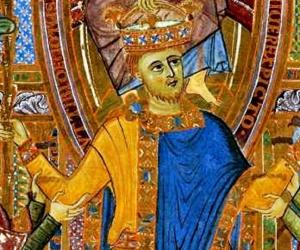
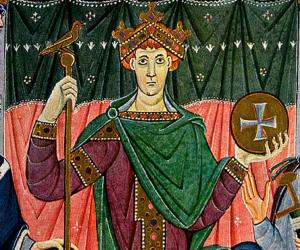
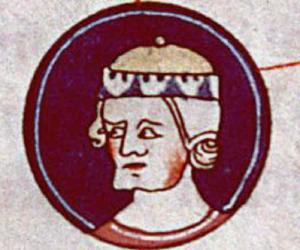
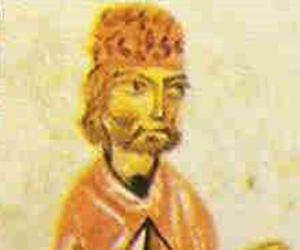

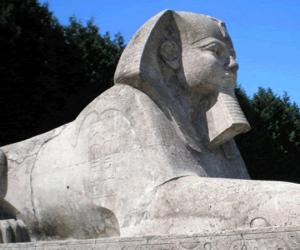
Ancient Egyptian pharaoh Shoshenq I founded the 22nd dynasty. Probably of Libyan tribal descent, he was initially a general of king Psusennes II, whom he succeeded later, without any resistance. Known for his successful campaigns in Palestine, he was also mentioned as Shishak in the Hebrew Bible.
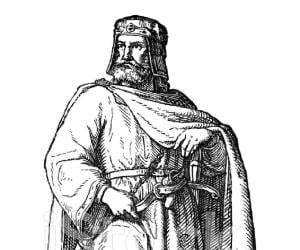
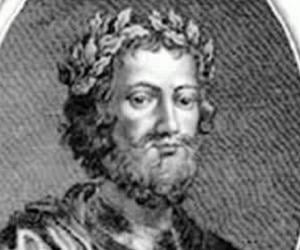

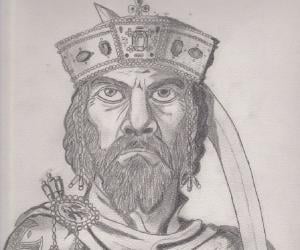
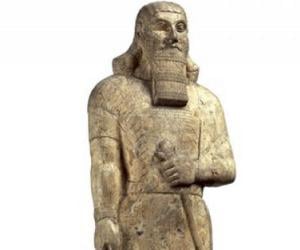
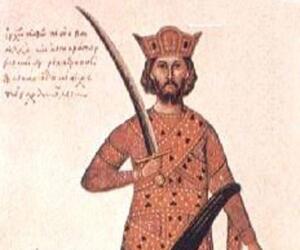
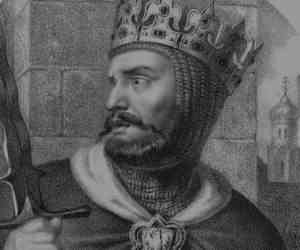

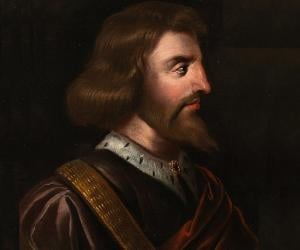
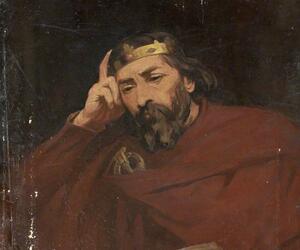
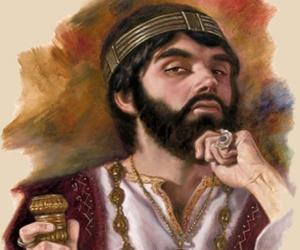
Abijam was the second King of Judah who reigned from 913 BCE until his death in 911 BCE. One of the most popular kings of the House of David, Abijam aimed at winning back Israel to the Davidic kingdom. As a result, he fought in the Battle of Mount Zemaraim and emerged victorious. Subsequently, he captured Bethel, Ephron, and Jeshanah.
